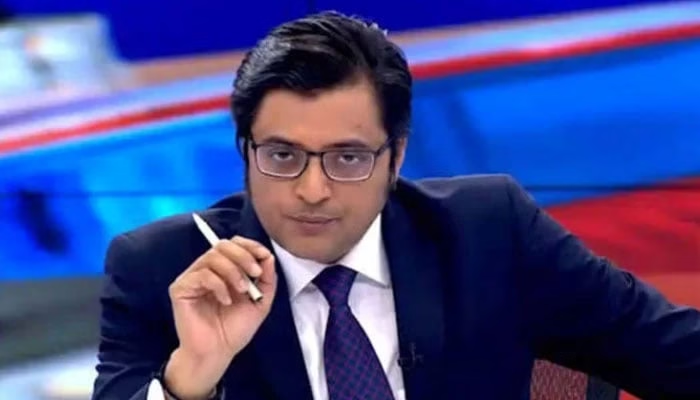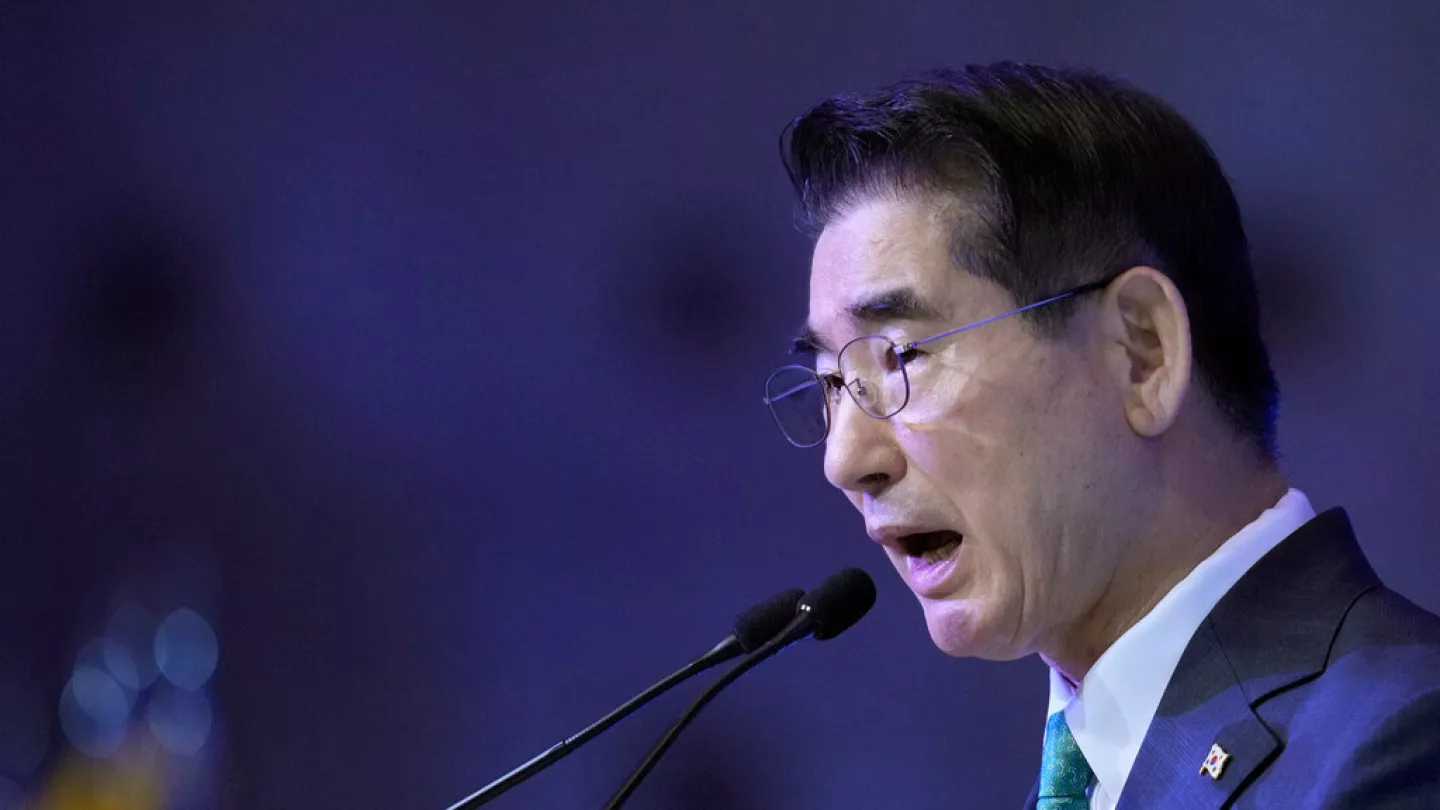A major controversy has erupted in India after a case was officially registered against well-known journalist Arnab Goswami and Amit Malviya, the head of the ruling Bharatiya Janata Party’s (BJP) IT department. The charges relate to the alleged dissemination of false information during the recent wave of tensions between India and Pakistan.
According to reports from Indian media outlets, the Indian Youth Congress has filed a legal complaint accusing both Goswami and Malviya of deliberately spreading misleading and fabricated news with the potential to inflame public sentiment and create unrest. The police have confirmed that the complaint has been taken seriously, and an official First Information Report (FIR) has been lodged.
The Accusations
The FIR alleges that Arnab Goswami, a prominent television anchor known for his controversial and often nationalist stances, broadcasted unverified and sensational content during the height of the Indo-Pak tensions. His coverage allegedly included claims about military activity and cross-border incidents that were later proven to be inaccurate or entirely baseless.
Similarly, Amit Malviya, the BJP’s social media and IT cell chief, is accused of amplifying the false narratives through digital platforms, including X (formerly Twitter), WhatsApp groups, and other social media channels. The complaint claims that Malviya’s actions were coordinated efforts to mislead the public and score political points at the expense of national stability and peace.
Political Fallout
The case has sparked intense debate across India’s political spectrum. The opposition Congress party has demanded strict action, accusing the BJP of weaponizing media and digital platforms for propaganda purposes. “This is not journalism. This is deliberate disinformation with dangerous consequences,” a Congress spokesperson said.
The BJP, on the other hand, has dismissed the FIR as a politically motivated move. Party representatives argue that the allegations are an attempt by the opposition to silence voices critical of their narrative and distract from real issues.
Arnab Goswami, who hosts the show “The Debate” on Republic TV, has not issued an official statement but is expected to address the allegations on his show. Malviya has denied all charges and claims that the FIR is “nothing more than a tactic to harass and intimidate.”
Legal and Ethical Implications
Legal experts are weighing in on the case, pointing out the growing concern over misinformation in high-stakes geopolitical situations. They argue that if media figures and political influencers are allowed to publish or circulate falsehoods without consequence, it could severely damage diplomatic relations and national security.
“The law must take its course. This is a test case for how India deals with digital disinformation and media responsibility,” said one senior advocate of the Indian Supreme Court.
The case also reignites conversations about media ethics, accountability, and the role of political parties in controlling online narratives. Social media has often been used as a double-edged sword — a tool for both awareness and manipulation. Incidents like this underscore the urgent need for tighter regulation, fact-checking, and responsible journalism.
Broader Impact
The registration of this case comes at a time when regional tensions between Pakistan and India are once again under scrutiny. Analysts have long warned that misinformation campaigns could spark larger crises, especially between two nuclear-armed neighbors. During moments of heightened sensitivity, the role of media and digital communication becomes critical in shaping public opinion and maintaining peace.
Moreover, the case could have international ramifications. With global attention often fixed on South Asia’s political dynamics, cases involving media manipulation and state-backed digital propaganda risk damaging India’s reputation as a democratic nation with a free press.
The legal proceedings are expected to gain traction in the coming weeks, with both Arnab Goswami and Amit Malviya potentially being summoned for questioning. The police have indicated that the case will be investigated thoroughly and that any evidence of intent to deceive or incite unrest will be taken seriously.
For now, this latest development adds another chapter to the ongoing conversation around fake news, political accountability, and the influence of media in South Asia. Whether it leads to tangible legal consequences or gets buried under political maneuvering remains to be seen. However, it certainly highlights the urgent need for truth, responsibility, and restraint in both journalism and political discourse.



